
AE 982 - INTERVIEW:
Discovering Our Family Descends From European Royalty with Jo Smissen
Learn Australian English in each of these episodes of the Aussie English Podcast.
In these Aussie English Interview episodes, I get to chin-wag with different people
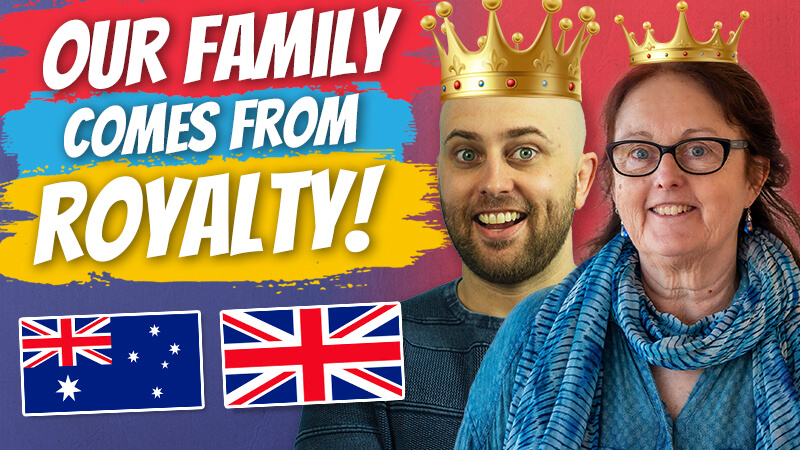
In today's episode...
In this special interview episode, I got my mum Jo Smissen to talk about how our family descends from European royalty!
With passion for doing research, she went all over the Web in an attempt to trace our family’s ancestry.
She was able to go back to the 1700s, finding out that we had family members who we part of the 12 known companions of William the Conqueror in The Battle of Hastings!
Improve your listening skills today – listen, play, & pause this episode – and start speaking like a native English speaker!

Watch & listen to the convo!
Listen to today's episode!
This is the FREE podcast player. You can fast-forward and rewind easily as well as slow down or speed up the audio to suit your level.
If you’d like to use the Premium Podcast Player as well as get the downloadable transcripts, audio files, and videos for episodes, you can get instant access by joining the Premium Podcast membership here.
Get more out of every episode!

Premium Podcast members get access to...
- All 900+ podcast episodes including member-only episodes
- Member-only episode video lessons
- Downloadable transcript PDFs & audio files for every episode

Recent Episodes:


AE 1361 – The Goss: TV Shows We’re Currently Binge Watching [Members Only]
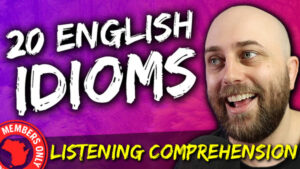
AE 1360 – 20 English Idioms Explained | Members Only
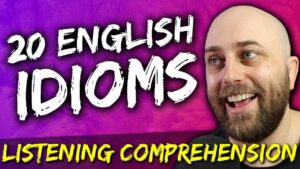
AE 1359 – 20 English Idioms To Transcribe
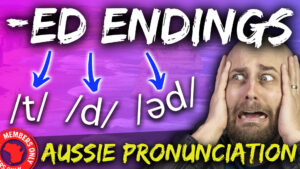
AE 1358 – How to Pronounce -ED Endings in Australian English [Members Only]
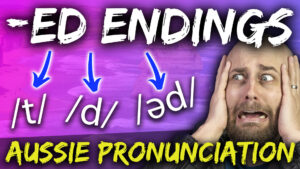
AE 1357 – How to Pronounce -ED Endings in Australian English

AE 1356 – Will AI Save Us Or Replace Us?
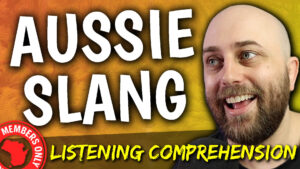
AE 1355 – 20 Aussie Slang Sentences Explained [Members Only]
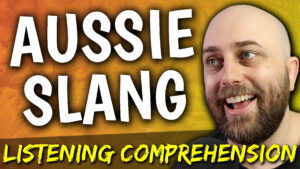
AE 1354 – 20 Aussie Slang Sentences to Transcribe

Share

Join my 5-Day FREE English Course!
Complete this 5-day course and learn how to study effectively with podcasts in order to level up your English quickly whilst having fun!


Want to improve a specific area of your English quickly and enjoyably?
Check out my series of Aussie English Courses.
English pronunciation, use of phrasal verbs, spoken English, and listening skills!

Have you got the Aussie English app?
Listen to all your favourite episodes of the Aussie English Podcast on the official AE app.
Download it for FREE below!



Want to improve a specific area of your English quickly and enjoyably?
Check out my series of Aussie English Courses.
English pronunciation, use of phrasal verbs, spoken English, and listening skills!
Leave a comment below & practice your English!






Responses